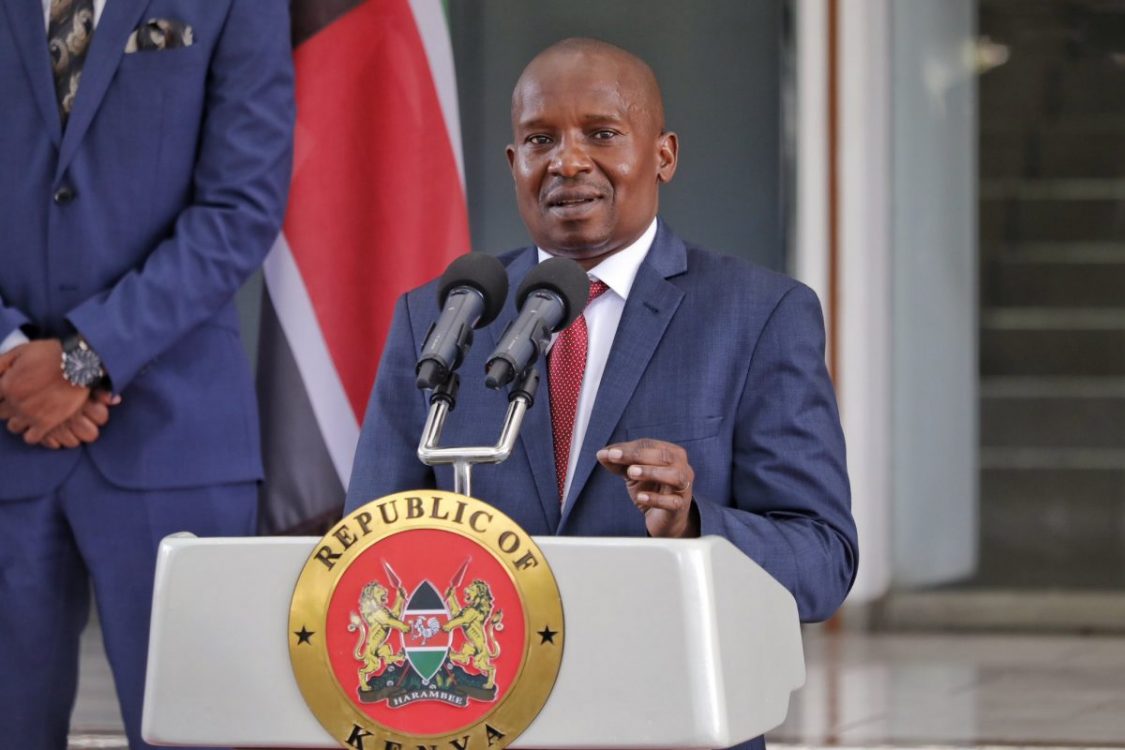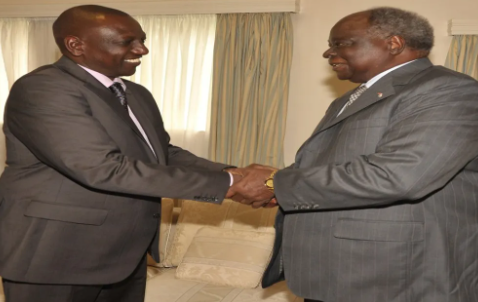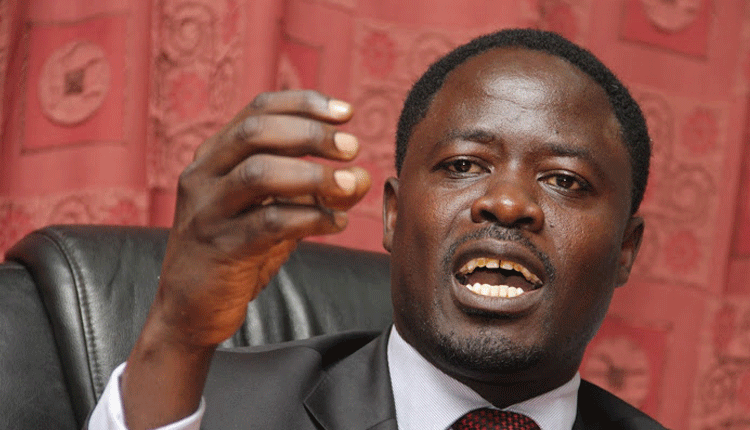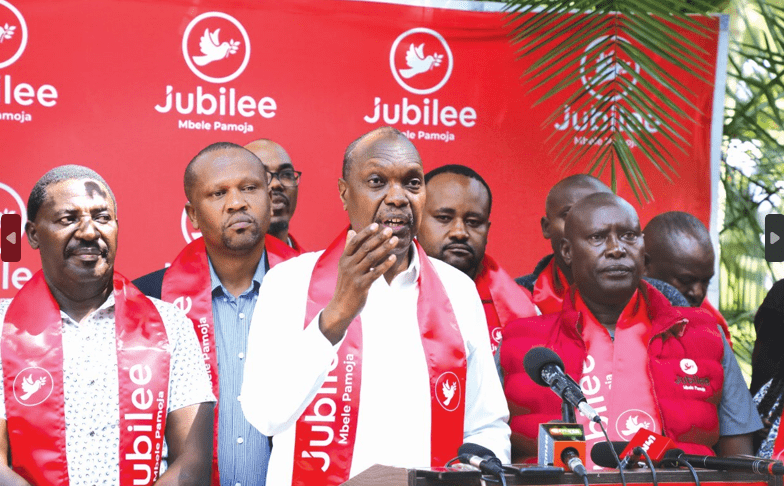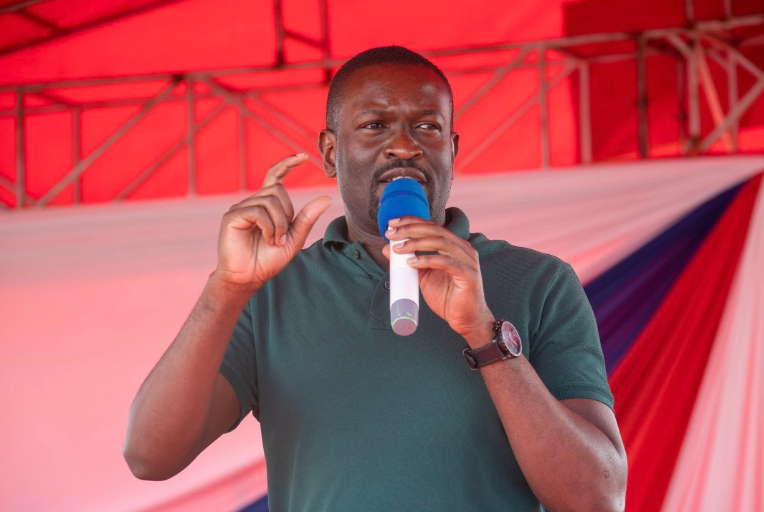Kibaki funeral cost taxpayer Sh260m
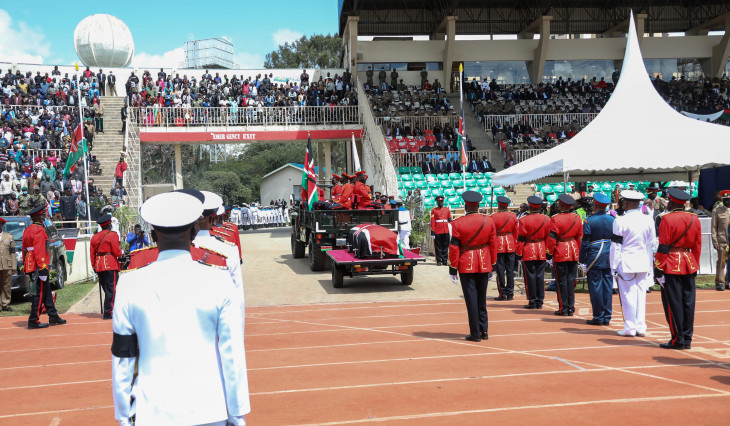
The funeral of late President Kibaki cost the taxpayer Sh260 million, figures in the Supplementary budget indicate.
The report on the mini-budget, which was tabled yesterday in the National Assembly, shows the National Treasury has already spent Sh24 billion for emergency purposes, including the fuel and fertiliser subsidies.
The government is also seeking the approval of the National Assembly to spend another Sh39 billion on the reorganisation of government ministries.
Another Sh600 million was spent on the just-concluded Africities Conference in Kisumu city.
According to the report tabled by the Leader of Majority Amos Kimunya, the government has spent Sh15.8 billion to cater for the fuel price stabilisation.
The money was spent to pay petroleum marketers who had hoarded the commodities due to non-payment of the subsidy by the government, which has accrued to Sh38 billion.
The Treasury indicates it has spent Sh1 billion for the fertiliser subsidy, which was prompted by an outcry by farmers over the high prices of the commodity.
The National Treasury also spent Sh1 billion for the Naivasha Inland Container Depot (ICD) – Longonot station.
The Naivasha facility that opened in 2019 was aimed at reducing transport costs, guaranteeing minimum non-tariff barriers (NTBs), facilitating fast and predictable cargo evacuation from origin to destination while reducing emission of harmful greenhouse gases into the atmosphere by long distance trucks using Kenya’s roads.
The State department of Infrastructure has spent Sh8 billion for construction of roads.
As a former Head of State, President Kibaki was accorded a State funeral, complete with full military honours only accorded to sitting and former Heads of State and Commanders-in-Chief of the armed forces.
Funeral costs
Similar honours were accorded to the country’s founding father Mzee Jomo Kenyatta in 1978 and his successor, Mzee Daniel arap Moi in 2020, although the overall cost of their funerals was never made public.
In the Supplementary Budget signed by Treasury Cabinet Secretary Ukur Yatani, the overall change in the national government ministerial budget estimates excluding Consolidated Fund service and county allocations was an increase of Sh203.7 billion.
“The increase is mainly on account of provisions for the fuel price stabilisation, drought and security related expenditure, adjustment in Appropriation in Aid (AIA) among others,” said Yatani.
He added that the overall change of the 2021/22 Supplementary Budget estimates Number 2 from the Approved Supplementary estimates Number 1 is an increase of Sh63.9 billion.
According to Yatani, the implementation of the 2021/22 budget continues to face various challenges.
These include drought in most parts of the country, fuel shortage and rising fuel prices, effects of the Russia-Ukraine war among others.
“Further, an increased demand for additional priority expenditures poses a challenge to the implementation of the ongoing projects,” Yatani explains. The total cumulative revenue collected including ministerial appropriations in Aid (A-i-A) for the period July 2021 to March 2022 amounted to Sh1.5 trillion compared to a target of Sh1.56 trillion.
“The revenue performance was above the target of Sh14.2 billion mainly due to above target performance of ordinary revenue,” reads the report by Yatani.
The CS says the total cumulative expenditure and net lending for the period July 2021 to March this year amounts to Sh2 trillion against a target of Sh2 trillion.
“The expenditures were below target by Sh20.7 billion. This was largely on account of low absorption in development expenditures under that national government and below the target transfers to county governments,” Yatani says.
MPs will however feel shortchanged by Treasury having sought through the Agriculture Committee Sh5.8 billion for the fertiliser subsidy, only to be allocated Sh1 billion in the supplementary budget.
At the time, there was an uproar in parliament when it emerged the money set aside for the fertiliser subsidy was diverted to the ministry of Interior.
The committee’s chairman Silas Tiren claimed the money which had been allocated for purchase of assorted fertiliser in the Supplementary Budget, had been mysteriously diverted to the Interior ministry.
Tiren pointed an accusing finger at the Treasury, blaming it for diverting the entire amount that was meant to cushion farmers from high prices of the product.
